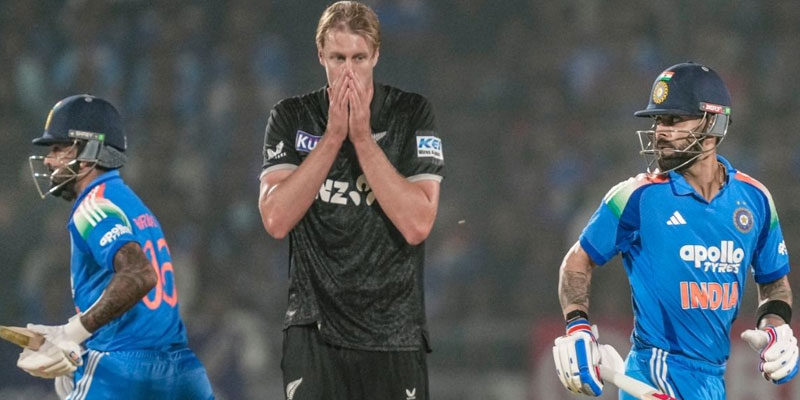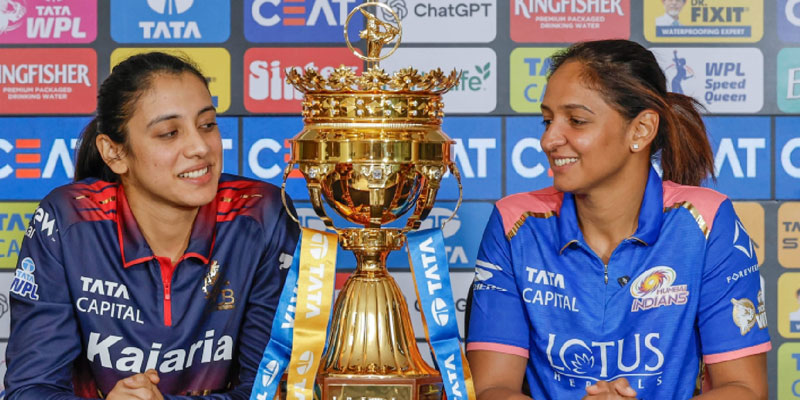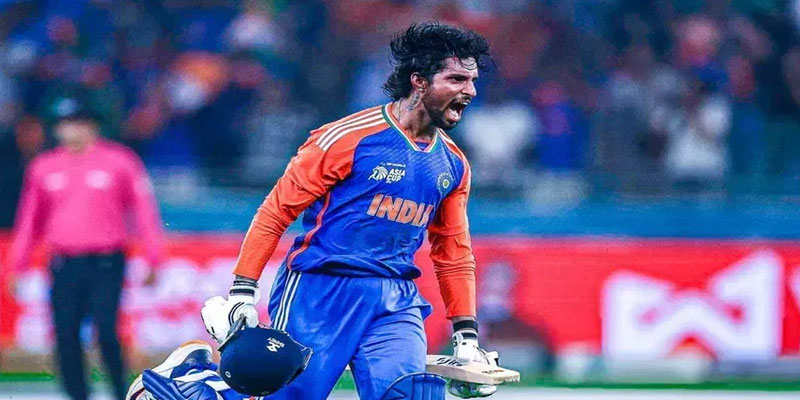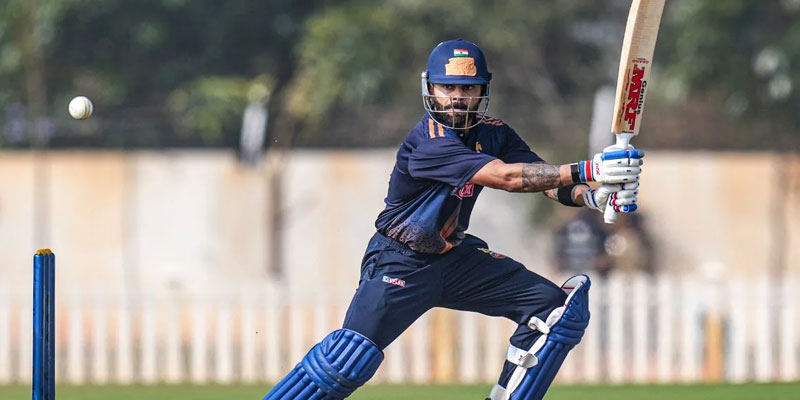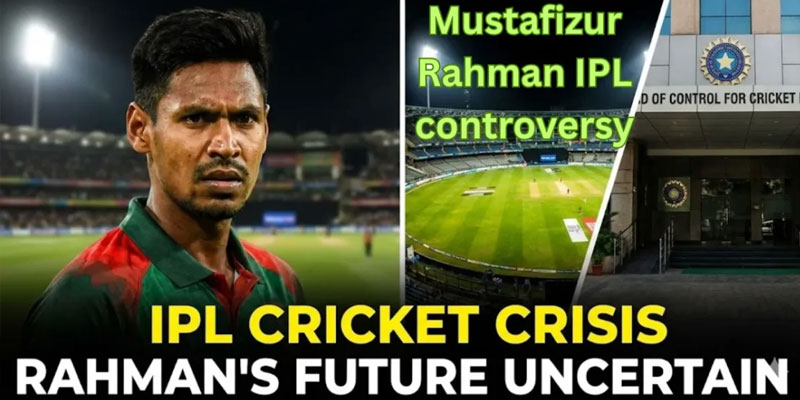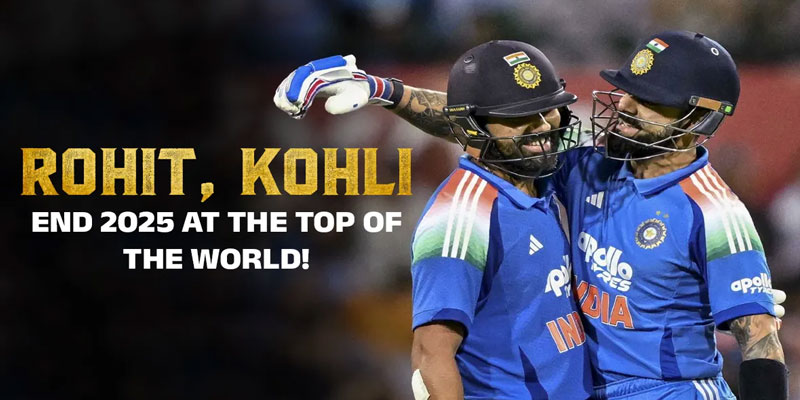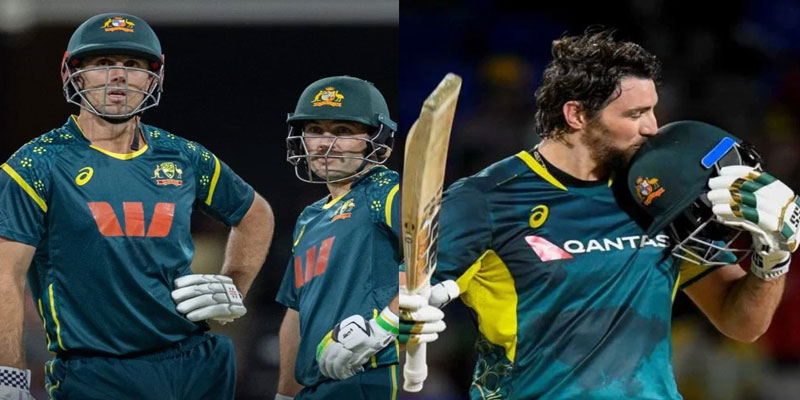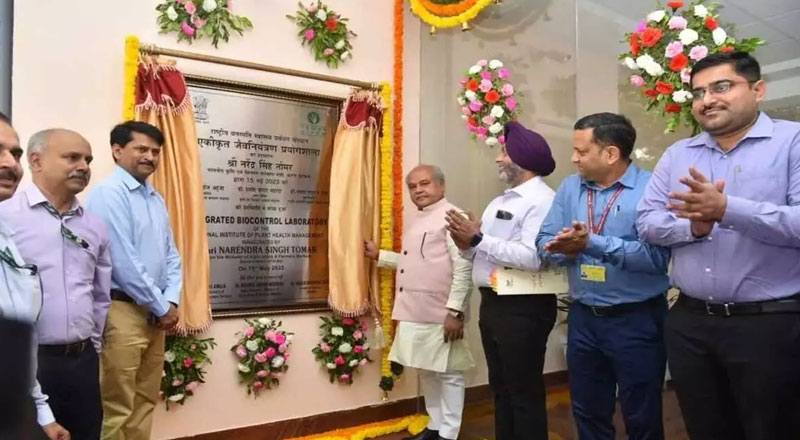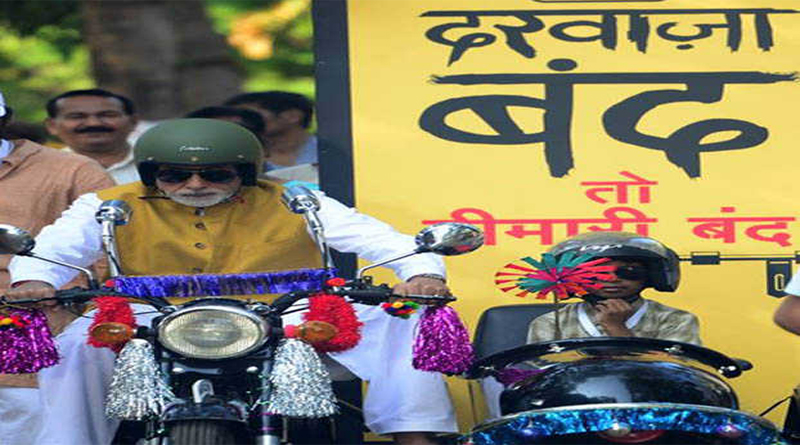The Commonwealth Games and the Bid Process
The Commonwealth Games, a legacy sporting event dating back to 1930, bring together athletes from across the Commonwealth nations every four years. Organized by the Commonwealth Games Federation (now known as Commonwealth Sport), the Games serve as a celebration of sport and cultural unity among member nations. Host cities are selected through a competitive bidding process involving national Olympic associations, government approvals, financial viability checks, and inspections by Commonwealth Sport officials. With recent editions plagued by financial withdrawals, the search for a dependable host for the 2030 Games has intensified—placing India, and more specifically Ahmedabad, in the spotlight.
Canada Withdraws: A Major Competitor Exits
In a significant development, Ontario—one of four Canadian provinces backing the 'United Canada' bid—has pulled out of the 2030 Commonwealth Games race. The decision, based on a cost-benefit analysis, follows growing public opposition to large-scale expenditures on sporting events. Hamilton, Ontario, which hosted the inaugural Games in 1930, was positioned to mark the centenary by hosting in 2030. But cost concerns led to a watered-down, multi-province proposal, which failed to gain traction. With Alberta previously exiting for similar reasons, Canada’s once-promising campaign now faces serious uncertainty, leaving India’s bid in pole position.
India’s Ambitions: CWG as a Stepping Stone to Olympics
India, having last hosted the Commonwealth Games in 2010, has made a calculated push to bring the Games back in 2030. Ahmedabad, with its upcoming infrastructure and vision to be an international sporting hub, is the proposed host city. The Games are seen as a strategic “test event” in India's larger ambition to secure the 2036 Olympic Games.
The Indian bid is being driven by a strong alliance between the Gujarat government, the Union Sports Ministry, and the Indian Olympic Association. A high-level delegation from India met Commonwealth Sport leaders in London on June 7, showcasing Ahmedabad’s preparedness and intent. In response, Commonwealth officials are expected to make a second visit to Ahmedabad in August, just ahead of the August 31 bid submission deadline.
Global Context: A Struggling Event in Search of Stability
The Commonwealth Games have struggled to secure hosts in recent years. Durban, initially set to host the 2022 edition, backed out due to financial issues, and Birmingham was named as a last-minute replacement. More recently, Victoria, Australia, won the 2026 bid but also withdrew citing spiralling costs. Glasgow eventually stepped in to host a scaled-down version of the 2026 Games, featuring only 10 sports.
This instability highlights a growing challenge for multi-sport events—balancing ambition with financial realism. As nations step away, India’s steady and structured bid, backed by strategic planning and infrastructure investments, presents a reliable alternative.
Momentum Builds: Sporting Events as a Launchpad
Ahmedabad is already preparing for major international events, including the Commonwealth Weightlifting Championship in August and the Asian Swimming Championship in October. These competitions will serve as technical and logistical trials for the city’s capability to host larger, multi-sport events.
This momentum supports India's broader sports diplomacy, aligning with its long-term goal of global sporting recognition. With a modern stadium network, high-speed rail connections, and strong political backing, Ahmedabad is being positioned not just as a venue—but as a symbol of India’s readiness.
A Rare Opportunity for India and the Commonwealth
With major contenders like Canada stepping back and others like Nigeria yet to gain traction, the 2030 Commonwealth Games present a unique opportunity for India. Ahmedabad’s emergence is timely—not just for India’s Olympic aspirations, but for the Commonwealth Sport Federation, which desperately needs a dependable host. If India capitalizes on this moment with clarity and commitment, it could secure both the 2030 Games and reaffirm its place on the global sporting stage. For the Commonwealth movement, this could mark a return to stability and scale, anchored in a fast-growing, sport-ready nation.
(With agency inputs)




